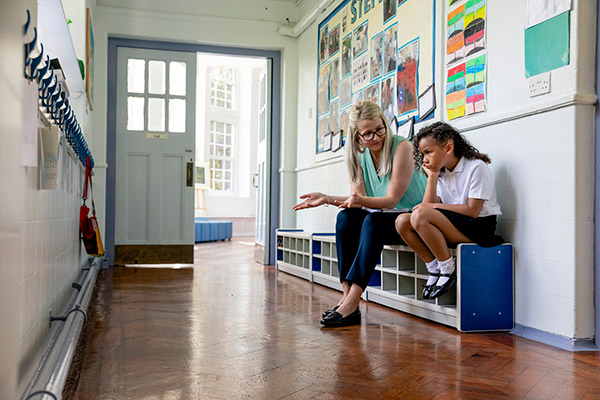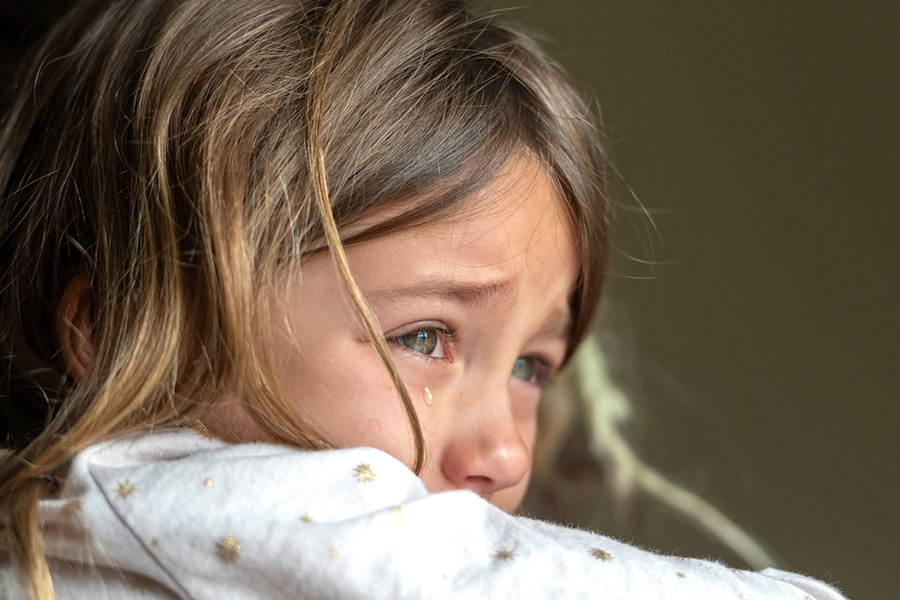After being notified of the child’s death
Your school should have a policy and procedure on what to do following the death of a student. Even if you’re not sure what to say, talking to the family is better than saying nothing at all. Simple gestures like an email, a phone call, or a card are some ways of showing that you are thinking of them.
You need to ask the parents what they want your class and school community to know about their child’s death, or how you can support their sibling’s return to school.
Sharing news
If the parents would like you to share the news, your class should be told about the death as soon as possible. An informal setting is preferable, such as sitting in a circle on the floor of the classroom. If your school has a counsellor or student support person, include them in the conversation and encourage students to talk to them if they would like to.
Take your time and allow for silence, sharing stories and questions. Questions are a normal part of the grieving process. Answer any questions truthfully and at an appropriate time, it is okay to tell your students that you don’t know the answer. Talk to your class about how grief affects people, and encourage them to share how they feel. A way to do this is to discuss what types of deaths or losses your students have experienced and what helped them to cope.
You should also contact the parents of your students, so they are aware and can support their children at home.


